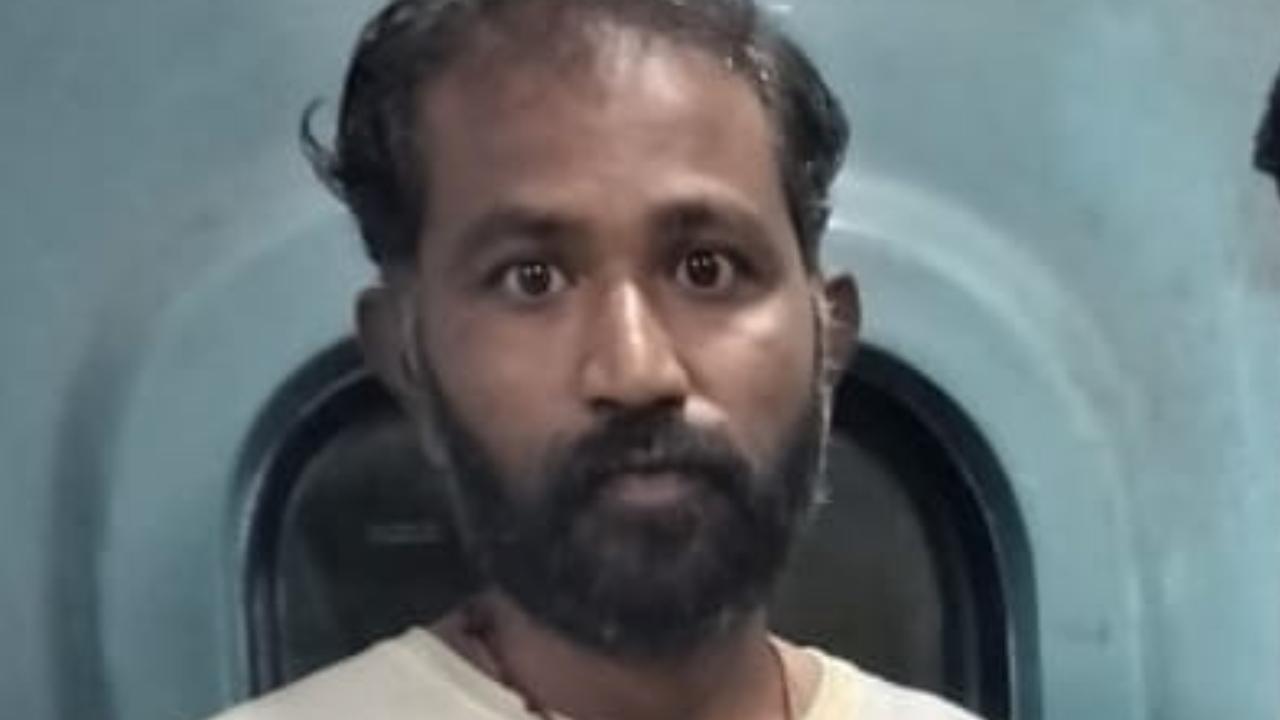Cybercrimes against women in Maharashtra have surged from 418 cases in 2015 to a staggering 1845 in 2024, exposing a digital nightmare of blackmail, stalking, bullying, and the circulation of obscene content. Despite this alarming rise, the justice system has completely failed to keep pace — charge sheet filing has dropped from nearly 57 per cent in 2015 to 0 per cent in 2023 and 2024, while trial initiation and conviction rates have also collapsed.
This breakdown in the justice delivery system not only emboldens perpetrators but also renders women-centric government campaigns like Beti Bachao, Beti Padhao and Ladki Bahin Yojana ineffective in the digital age.
Offences range from cyberstalking, morphing, and defamation to hosting obscene material and creating fake profiles. While Maharashtra is one of India`s most technologically advanced states, it is facing a shadow pandemic that threatens the freedom and dignity of women both online and offline.
Officers at various cyber cells acknowledge challenges. Representation pic/istock
Trial initiation has plummeted from 6.5 per cent in 2015 to 0 per cent by 2023–2024, and the conviction rate has remained below 4 per cent for a decade. In many cases, victims don’t even report crimes due to stigma, fear, or lack of awareness. Even when complaints are filed, prosecution rarely follows.
Charge sheets crash
In 2015, nearly 57 per cent of cases led to charge sheets. But in 2023 and 2024, that number dropped to zero — even as cases quadrupled. This reveals a widening gap between crimes reported and action taken, with victims increasingly left in the lurch.
“The police often lack technical expertise and legal knowledge of cybercrime laws,” said Advocate Pankaj Bafna, managing partner at Bafna Legal LLP. “The high-ranking officers are not keen on learning technologies, and they force the subordinates to go for training who do not have the power to investigate as per the IT Act. This increases the criminal`s ability to act sans any fear. Most of the incidents are not translated into FIRs, but the cases which are registered are not investigated thoroughly by the seniors, and eventually, they file closure reports. The seniors are just busy giving quotes and have no leads to investigate. Scapegoats are caught and shown as cases solved in small cases,” Bafna said.
He added, “Victims are humiliated when they try to report cases. Fake websites and loopholes in law enforcement only embolden the criminals.”
Experts call for reforms
NS Nappinai, Supreme Court lawyer and founder of Cyber Saathi said, “Even registration of complaints is far lower than the number of incidents. And those that do get registered rarely see convictions. It may now be time for designated cybercrime courts, trained prosecutors and most importantly, simpler laws for the appreciation of electronic evidence. The last has been sadly missed in the new criminal laws despite the Supreme Court’s mandate to review existing processes.”
Cyber expert Ritesh Bhatia added, “Many cases don’t even reach the FIR stage due to jurisdiction confusion or victims opting out due to social stigma. Short-staffed police focus more on high-value financial frauds than on online harassment. Delays in getting data from foreign social media firms only make things worse.”
Bhatia called for a dedicated cyber harassment cell for women and children in Maharashtra with trained female officers, better tech infrastructure, and faster data access systems. “Victims also need counselling and legal support to stay the course,” he said.
Police respond
Officers at various cyber cells acknowledge challenges. “We are trained, but fake SIM cards are a huge problem,” said a senior officer at Maharashtra Cyber Cell. “Offenders use pre-activated SIMs without KYC for WhatsApp, Telegram, or fake social media accounts. Tracing them is extremely difficult.”
Cyber lawyer Puneet Bhasin said, “Most cases collapse due to fake IDs and SIMs. And when tech companies don’t cooperate, it wastes taxpayers’ money. The real issue lies in poor compliance from private companies and weak digital safeguards.” She stressed the need for reform in SIM registration norms, stronger KYC checks, and stricter accountability for tech platforms that allow fake profiles.











